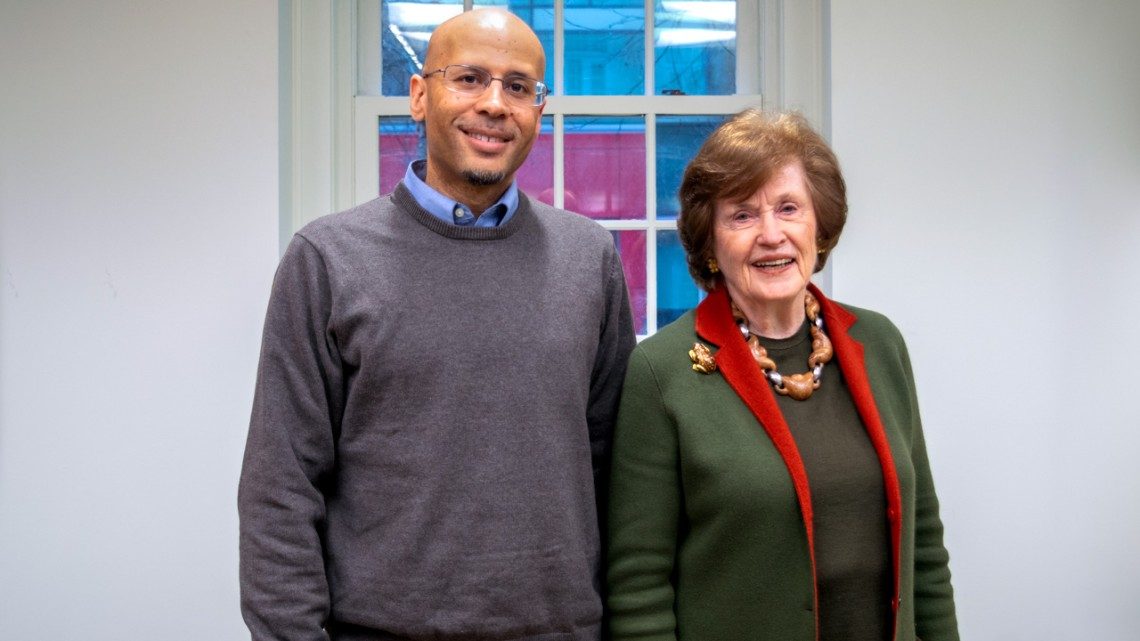Dr. Pamela Brown ’73 was eight years old when she learned the meaning of the word “biology.” This new understanding had a profound influence on her life.
“I thought to myself then, I am going to do something related to this subject,” Brown says, recalling how she believed she would one-day study veterinary medicine—an idea that introduced Cornell University to her imagination. But while her passion for biology remained steadfast throughout her adolescence, two parallel diagnoses and two strikingly different patient care interactions redirected her path toward human medicine.
“I had an eating disorder,” she says. “The change in focus was related to this diagnosis because my primary doctor involved me in decision-making in 1966. This was rarely done in the 1960s.”
At the same time, Brown’s aunt was diagnosed with cancer. Her care was more typical for the era.
My aunt was not involved in medical decisions, Brown explains. “Yet, even though I was a teenager, I had a physician who kept me informed and who involved me in some of the decisions related to my care.”
This experience, defined by contrasts and rare opportunities for patient autonomy, stayed with Brown. She thought a lot about her interactions with her doctor, and it inspired her dream of becoming a physician. It also sparked a new interest in the emerging scientific discipline of human nutrition.
In the late 1960s, Brown began her studies at George Washington University, which did not have a nutrition program. She was determined to do well so she could transfer to Cornell and major in nutrition. Brown, now a graduate of the College of Human Ecology, says Cornell was monumental to her career as a pediatric gastroenterologist.
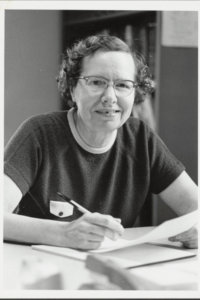
My experience in Introductory to Biochemistry was a key factor in my decision to pursue further training with a clinical nutrition-related focus, Brown says. “Professor Louise Daniel taught the course from the perspective of nutrition and regulation of the metabolism. This had a big impact on me. If it had been taught from the organic chemistry perspective, I don’t think I would have pursued the career that I did.”
Much of Brown’s stories from her time at Cornell focus on the significance of women like Professor Daniel—many of whom were exceptional researchers, teachers, and mentors. In these stories, she emphasizes how, even as an undergraduate, she understood that her nutrition professors felt an immense responsibility for stewarding a new academic discipline that was not yet taken seriously by the scientific community.
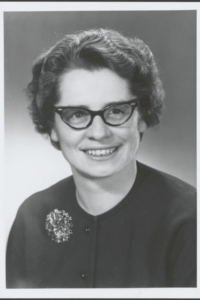
“Professor Marjorie Devine made it clear that nutrition needed to be seen as a science,” explains Brown. “She didn’t think the discipline got enough respect, so it was extremely important to teach nutrition with a scientific basis and scientific recommendations. But her style of teaching was also important to this cause. I know people—even people outside of the college—who took a class with her and ended up majoring in nutrition.”
Brown also points out the importance of Professor Jerry Rivers during her senior year. “She was another professor who was focused on developing respect for the discipline. Her class required five papers. Each involved a literature review to answer such challenging questions as ‘Is obesity the result of a metabolic disorder?’ This required us to be thoughtful and concise in our writing. She carefully reviewed our papers to verify that our thought processes logically led to our conclusions.”
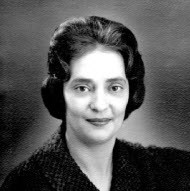
Dr. Brown, who is now a clinical associate professor emerita of pediatrics and communicable diseases at the University of Michigan Medical School, acknowledges the significance of her Cornell professors—especially Professors Devine, Rivers, and Daniel in starting her career pathway.
These educators and researchers, who took on the burden of proving the legitimacy of their emerging discipline, left their mark on Brown’s career in both medicine and teaching. The impact they had on her life inspired Brown to establish the Pamela Brown ’73 Scholarship in Honor of Marjorie Devine and Jerry Rivers in 2023.
This endowed gift supports Cornell’s Undergraduate Affordability Initiative, an effort that aims to enhance the socioeconomic diversity of Cornell’s undergraduate student population. Her gift, which is one of the more than 50 gifts established or enhanced by alumni in fiscal year 2023, ensures that students can benefit from a Cornell education, regardless of their ability to pay.
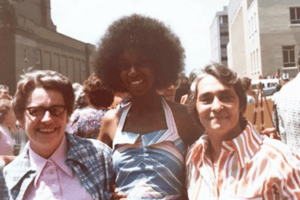
The gift is also part of Human Ecology’s alumnae-led fundraising initiative to expand student access and affordability by securing 100 endowed scholarships from or in honor of women by the 100th anniversary of the college in 2025.
“Cornell was so important in my career development that I wanted to give back in some way,” she says. “I’ve always been very fortunate financially, which allowed me to focus on my studies. For many people, this isn’t possible.”
“And I believe that it is important to help others who aren’t so fortunate,” she adds, “and you if you can do it while memorializing the people who are important to you, that’s even better.”



